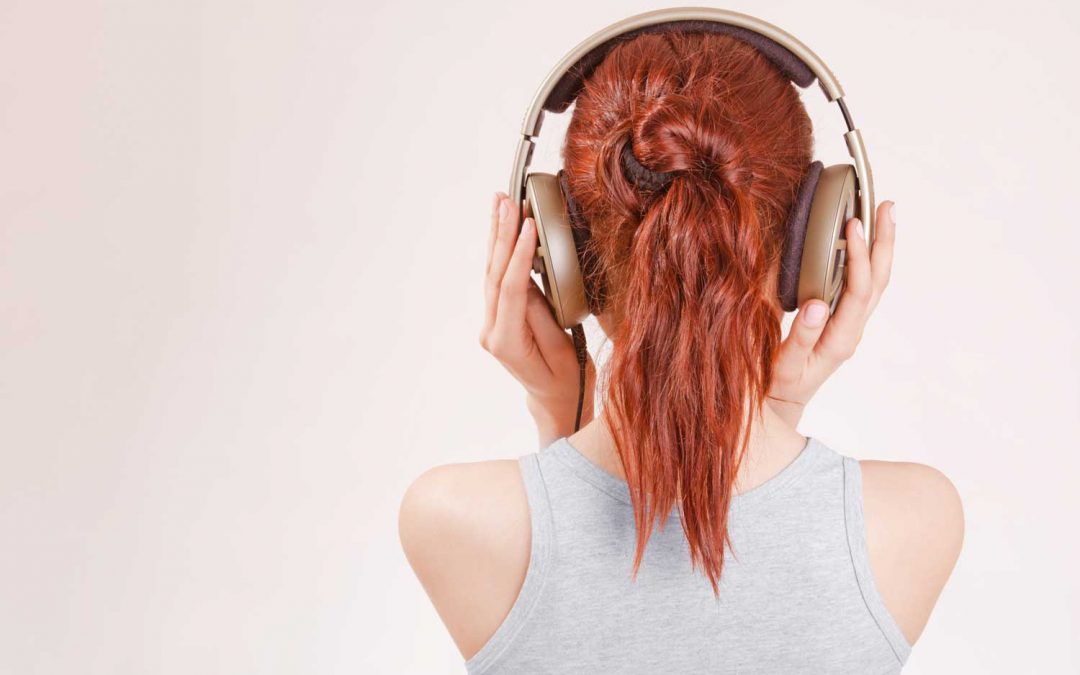Noise and autism
Autism spectrum disorder (ASD) is a complex neurodevelopmental condition which is associated with a range of behaviours and challenges. One common trait among autistic people is sensory sensitivity, which can present differently. Sensitivity to loud noises is one of the most common sensory sensitivities in the autistic community. In this blog post, we explore the connection between sensitivity to noise and autism.
Understanding sensory sensitivities in autism
Sensory sensitivities refer to heightened or reduced responses to sensory stimuli like sights, sounds, textures, tastes, and smells. Sensory sensitivities are not exclusive to autism, but they are often a more noticeable feature of the condition. Sensitivities can vary widely between autistic individuals.
Sensitivity to noise and autism: a common trait
Sensitivity to loud noises is known as hyperacusis – a sensory issue often experienced by autistic people. For someone with autism, even everyday sounds that others barely notice can be overwhelming and distressing. Some common examples include:
- Loud conversations: Autistic people may find it difficult to filter out background noise, making it challenging to focus on the conversation.
- Ambient noises: Everyday sounds like sirens, car horns, or vacuum cleaners can feel unbearable for autistic people with sensory sensitivities.
- Fire alarms: The high-pitched sound of a fire alarm can feel painful for autistic people.
- Crowded places: Loud, crowded environments, like shopping centres or theme parks, can lead to sensory overload.
Why does sensitivity to loud noises occur in autism?
The exact reasons behind sensory sensitivities in autism are not fully understood, but several theories have been suggested:
- Sensory processing differences: Some autistic people have atypical sensory processing, which means they can experience sensory stimuli differently from neurotypical people.
- Hyperresponsiveness: Autistic people’s brains may be more sensitive to sensory input, leading to stronger reactions to certain stimuli.
- Anxiety and stress: Sensory sensitivities can lead to increased stress and anxiety, which, in turn, can make sensory issues worse.
Aim Forward: Here to support you
The link between noise and autism is a common sensitivity for autistic people. This can present challenges, but it’s important to remember that autism is a spectrum, and each person’s experience is different.
If you or someone you know is seeking guidance and support for sensory sensitivities related to autism, Aim Forward is here to help. Our experienced team can provide needs assessments and recommendations that improve life for autistic people and their families. Embracing neurodiversity and understanding sensory sensitivities are important steps toward creating a more inclusive and supportive world for everyone on the autism spectrum.

